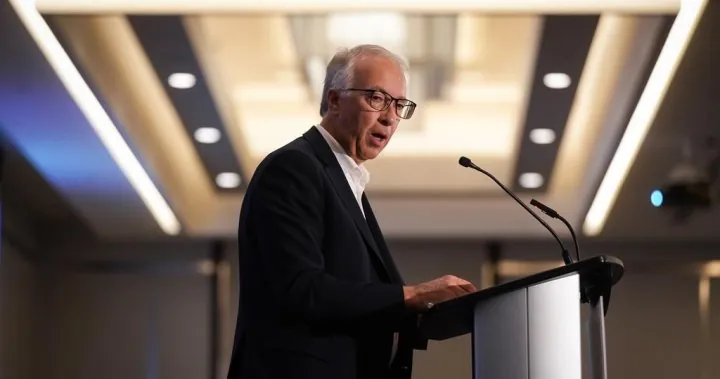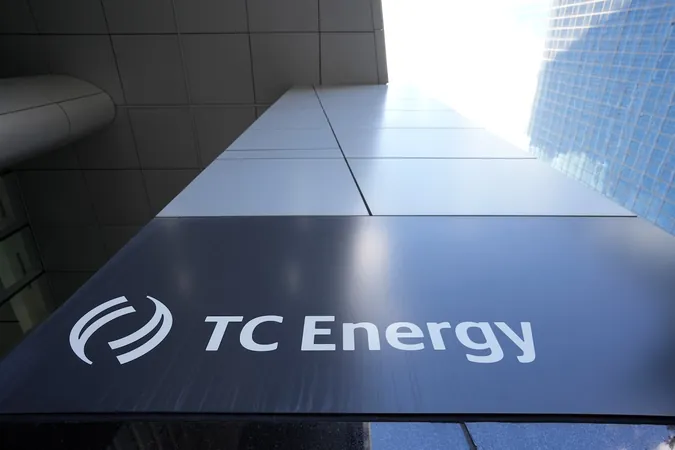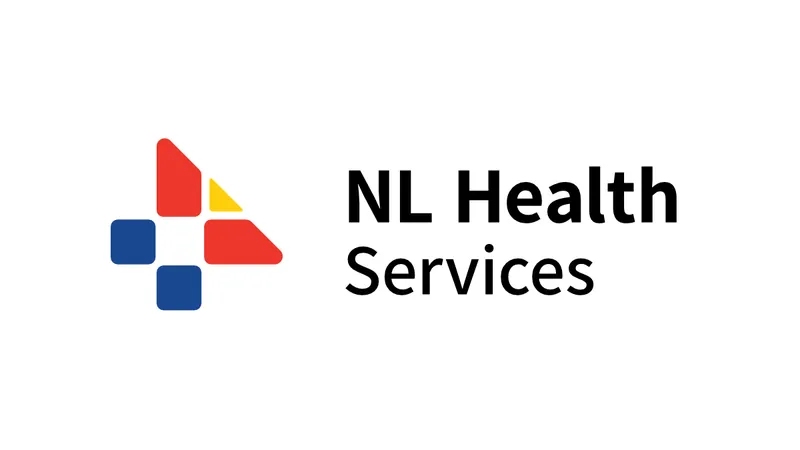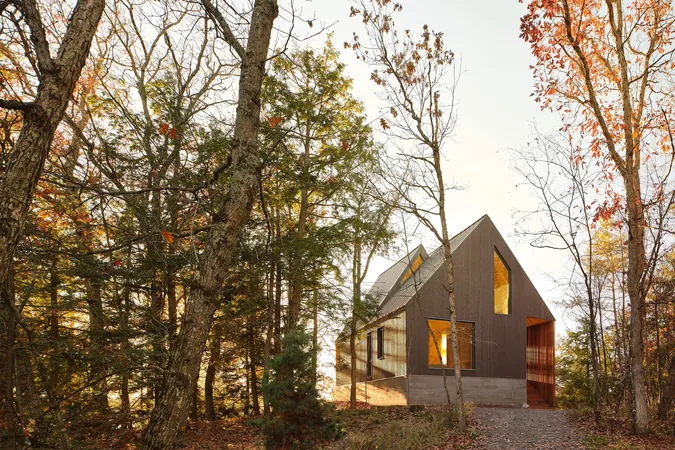
Conservative Leader Rustad Clarifies Controversial Nuremberg Comments Amid Election Campaign Chaos
2024-10-07
Author: Amelia
Conservative Leader Rustad Clarifies Controversial Nuremberg Comments Amid Election Campaign Chaos
In a startling turn of events on the British Columbia election campaign trail, Conservative Leader John Rustad has issued a public clarification regarding his comments that drew significant backlash after being linked to the Nuremberg trials and comparisons to Nazi Germany concerning COVID-19 public health measures.
Rustad's controversial remarks surfaced when a video showed him discussing the concept of 'Nuremberg 2.0' during an online meeting in July. This notion suggests that those who enforced public health measures during the pandemic could face trials akin to those held after World War II for Nazi war criminals. Responding to this query, Rustad indicated that his party would 'certainly be participating with other jurisdictions,' thereby igniting a firestorm of criticism.
In the wake of the ensuing uproar, Rustad took to social media platform X to clarify his stance. He stated that he had 'misunderstood the question' posed to him and emphasized that comparing public health measures to atrocities of the Holocaust is a 'distortion of history' that is 'unacceptable and deeply disrespectful' to the victims and survivors of those harrowing events.
This incident is not an isolated one. As the campaign heats up, Rustad, along with other party leaders such as NDP Leader David Eby and Green Leader Sonia Furstenau, is preparing for a crucial debate scheduled for Tuesday. Recent campaign moments have been marked by tensions, including an aggressive sign outside the home of billionaire Chip Wilson, denouncing the NDP as 'communist.' Following the vandalism of the sign and the gates of Wilson’s $81 million residence, Vancouver Police are currently investigating.
As the election day on October 19 approaches, candidates are ramping up their pledges. Eby, for instance, recently proposed enhanced educational resources, including mental health counselors in every school and support for child care facilities. Meanwhile, Furstenau advocated for a successful transitional housing model that could provide viable solutions to the homelessness crisis.
Both Eby and Rustad recently campaigned in the Okanagan region, where Eby outlined plans to attract healthcare professionals to rural areas, while Rustad vowed to eliminate tent encampments.
With advance voting set to begin from October 10-13 and again on October 15-16, all eyes will be on the televised debate Tuesday, as these party leaders look to sway voters in a rapidly changing political landscape.
Stay tuned, as this election cycle promises to uncover more unexpected developments!









 Brasil (PT)
Brasil (PT)
 Canada (EN)
Canada (EN)
 Chile (ES)
Chile (ES)
 España (ES)
España (ES)
 France (FR)
France (FR)
 Hong Kong (EN)
Hong Kong (EN)
 Italia (IT)
Italia (IT)
 日本 (JA)
日本 (JA)
 Magyarország (HU)
Magyarország (HU)
 Norge (NO)
Norge (NO)
 Polska (PL)
Polska (PL)
 Schweiz (DE)
Schweiz (DE)
 Singapore (EN)
Singapore (EN)
 Sverige (SV)
Sverige (SV)
 Suomi (FI)
Suomi (FI)
 Türkiye (TR)
Türkiye (TR)